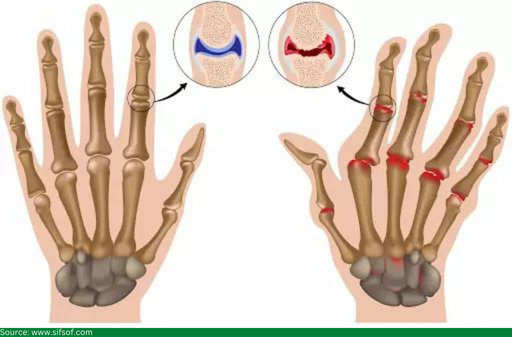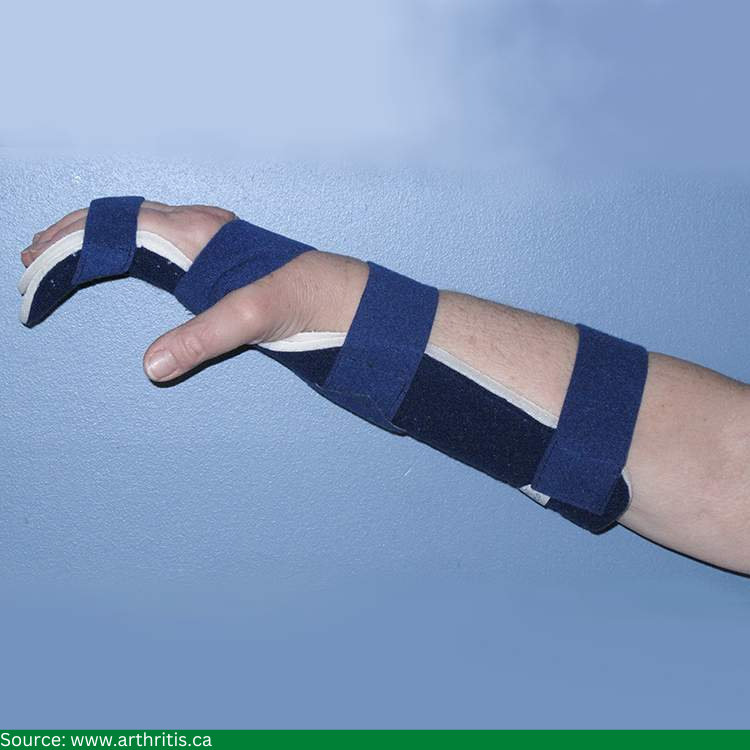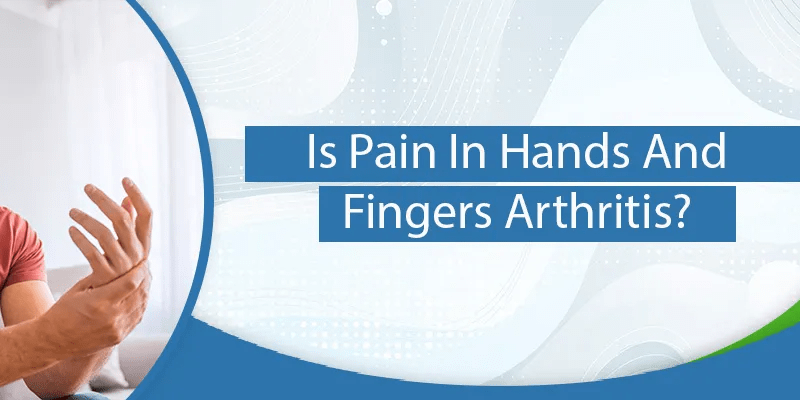 Some joints appear to receive all the attention when it comes to arthritis. We talk a lot about our knees and hips. Walking relies on the health of our knees and hips; unfortunately, osteoarthritis develops in these joints in about a third or more people over 65.
Some joints appear to receive all the attention when it comes to arthritis. We talk a lot about our knees and hips. Walking relies on the health of our knees and hips; unfortunately, osteoarthritis develops in these joints in about a third or more people over 65.
While hip and knee arthritis is commonly heard of, you must not disregard pain in your fingers and hand, cautions Dr. Sandeep Singh, a well-known orthopedic doctor in Bhubaneswar.
One of the most disabling types of arthritis is that which affects the hands.
Most of us hardly think about hand health until we start to experience pain. Almost everything we do, especially things we love the most and chores that occupy our daily routine, is done with our hands – eating, such as brushing our teeth, folding clothes, working on our laptops, cooking, and washing, to name just the bare minimum.
Therefore, it can be distressing when such routine tasks become challenging or painful due to illnesses like hand arthritis.
What is hand arthritis?
 Arthritis is a condition that affects, attacks, and damages the tissues in your joints. A joint is a point where two bones connect and enable movement. Arthritis can affect the smooth cartilage or the lining of your joints that covers the ends of bones.
Arthritis is a condition that affects, attacks, and damages the tissues in your joints. A joint is a point where two bones connect and enable movement. Arthritis can affect the smooth cartilage or the lining of your joints that covers the ends of bones.
Hand arthritis results in discomfort, edema (swelling), stiffness, and deformity. As arthritis worsens, it becomes harder to do daily duties with your hands than it once was.
Dr. Sandeep Singh explains that with age, the cartilage degrades, eventually exposing the ends of your bones, which then brush against one another and wear away. Since your hand has several joints, it is a frequent location for arthritis to develop.
Dr. Sandeep Singh is a highly-skilled orthopedic doctor specializing in trauma and elective surgeries and is often called the best orthopedist in Bhubaneswar.
Does arthritis intensity change with the seasons?
If you have developed arthritis, whether inflammatory or not, you may have felt that your joints become seem more irritable with the change in seasons. Some people living with arthritis observe that their symptoms worsen during particular seasons of the year. While most people feel that their pain and stiffness worsen during the chilly, rainy winter months, others find that the hot, muggy summer months might aggravate their symptoms.
Experts are unsure about the precise cause of this link. The following are some theories:
- The muscles, tendons, scar tissues, and bones contract and expand as a result of changes in barometric pressure brought on by a cold front. These changes cause pain and discomfort in the tissues affected by arthritis.
- Low temperatures may cause joint fluids to thicken, making joints stiffer and more difficult to move.
Dr. Sandeep Singh, frequently called the best ortho doctor in Bhubaneswar, adds that our joints function best in moderate temperatures. The synovial fluid in your joints function like motor oil, and when the temperature drops the fluids consistency changes, thereby reducing the fluidity of the movement in your joints.
Risk factors of hand arthritis
While hand arthritis can affect anyone, there are some risk factors and populations that are more susceptible to the ailment, including:
- Age: Arthritis in the hands is more prone to develop as you age.
- Gender: Hand arthritis affects women more frequently than it does males.
- Race: Caucasians are afflicted more often than people of other races.
- Weight: Compared to slender persons, those considered fat are more likely to suffer from hand arthritis.
- Genes: Some people have a hereditary predisposition to develop arthritis, and they frequently do so earlier in life.
- Previous injury: People with a past joint injury are more susceptible to developing arthritis as they age.
Tips to reduce joint pain
- Eat a nutritious, balanced diet
- Stay hydrated, drink lots of healthy fluids
- Ensure you get enough vitamin D and omega-3 fatty acids
- Stay active to keep your joints mobile
- Make sure your body is warm during the winters
- Consult your doctor about non-steroidal anti-inflammatory drugs (NSAIDs)
If you have prolonged joint pain that is not going away, please consult an experienced orthopedic surgeon like Dr. Sandeep Singh for suitable treatment options.
Treatment options for hand arthritis
Dr. Sandeep Singh says that different options exist to assist you in managing your symptoms and to enable you to resume your favorite activities:
Brace or splint – It is possible to lessen the joint stress brought on by hand arthritis by wearing a brace or splint. Your doctor may also suggest specific hand exercises or heat or cold therapy to help relieve arthritis pain.

Medications – Pain relievers, anti-irritants like capsaicin or menthol, non-steroidal anti-inflammatory drugs (NSAIDs), and corticosteroids are just a few of the therapies for hand arthritis that can be ingested or even injected into the joint.
Surgery – Orthopedic specialist Dr. Sandeep Singh may recommend surgery if none of the aforementioned therapies work. During the surgery, the doctor can remove the damaged cartilage, connect the bones, or implant a replacement joint.
Conclusion
Our hands play a vital role in our lives, and any damage to them can significantly reduce our ability to perform a range of activities that enhance our lives. Hand arthritis is one of the conditions that can severely affect our regular daily routine.
Your hands may become arthritic from a variety of causes. Arthritis symptoms include swollen joints in your hands, dull or stinging joint pain, and morning stiffness. Depending on the specific type of arthritis you have, there are numerous therapy choices. Drugs can lessen swelling and joint pain. The course of osteoarthritis can still be slowed down, although research is ongoing in this area.
If you suspect that you or a loved one has hand arthritis, please do not delay consulting an orthopedic specialist like Dr. Sandeep Singh.
Dr. Singh employs the most advanced surgical techniques to provide his patients with safe, reliable, and effective treatments.

